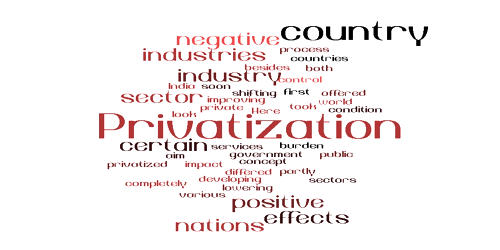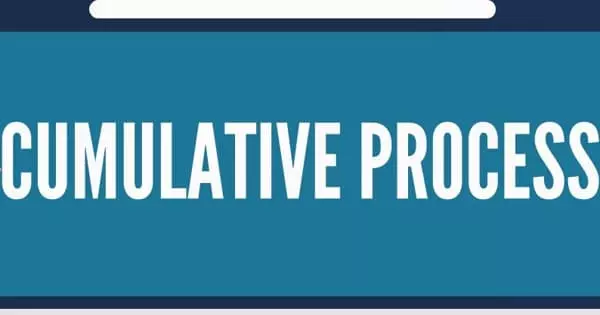A single tax system is a taxation system that is based primarily or entirely on one tax, typically chosen for its unique properties, and is frequently a tax on land value. It occurs in a system where the tax is imposed on a single subject. There is only one tax that generates revenue for the government. In the 17th century, John Locke and Baruch Spinoza independently proposed a single tax on land values. Because of the unique characteristics of land and rent, French physiocrats later coined the term impôt unique. The poll tax, or head tax, is a simple form of a single tax that is imposed on a person regardless of his income, wealth, or profession, etc.
A single-tax system has been advocated for at times in the past. This was due in part to an inadequate understanding of the workings of a complex modern economy, and in part to belief in the ‘concentration theory of incidence.’ In the late nineteenth and early twentieth centuries, a populist single tax movement emerged that, for somewhat different reasons, sought to levy a single tax on the rental value of land and natural resources. This “Single Tax” movement was later dubbed Georgism after its most famous proponent, Henry George.
It proposed a simplified and equitable tax system that protects natural rights and generates revenue solely from the ground and natural resource rents, with no additional taxation on improvements such as buildings. It was originally proposed as the sole source of government revenue, intended to replace all existing taxes. Some libertarians advocate land value capture as a consistently ethical and non-discriminatory means of funding essential government operations, with the surplus rent distributed as a type of guaranteed basic income, traditionally known as the citizen’s dividend, to compensate those members of society who have been deprived of an equal share of the earth’s spatial value and equal access to natural opportunities due to legal title.
Pigouvian taxes, which internalize the external costs of pollution more efficiently than litigation, and severance taxes on raw material extraction, which regulate the depletion of unreplenishable natural resources and prevent irreparable damage to valuable ecosystems caused by unsustainable practices such as overfishing, are two related taxes derived in principle from the land value tax.
The tax, according to critics, violates the usual standard of ability to pay because there is no correlation between land ownership and total wealth and income. Other proposals for a single tax on property, goods, or income have been made. Others, such as the FairTax proposal for a consumption tax and various flat tax proposals on personal incomes, have recently made proposals for a single tax based on other revenue models.
















